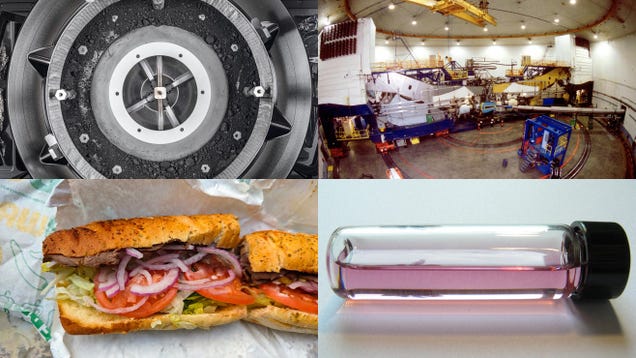
After months of fighting with two stubborn fasteners, NASA scientists finally cracked open the canister containing precious pieces of an ancient asteroid. Click through for our top science stories from this week.

After months of fighting with two stubborn fasteners, NASA scientists finally cracked open the canister containing precious pieces of an ancient asteroid. Click through for our top science stories from this week.
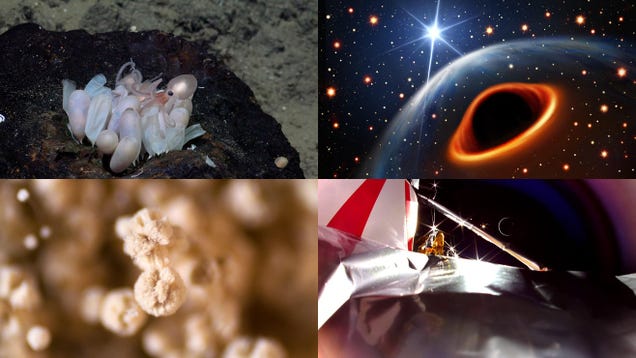
Meet the dorado octopus, a newly described deep sea cephalopod with some seriously alien features. A remotely operated vehicle took incredible images of this species and its habitat, including just-hatched babies and a field brooding females. Click through for our top science stories from this week.
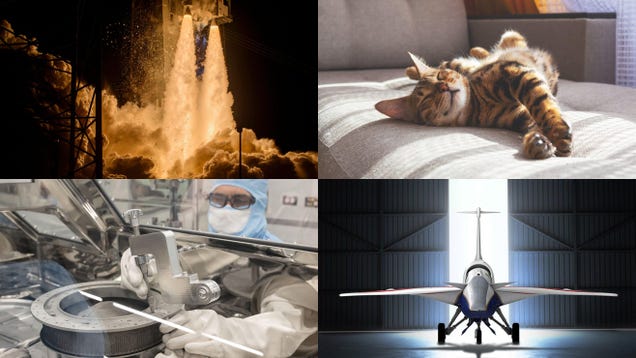
Failure in space dominated our headlines this week, with Astrobotic’s uncrewed lunar lander mission Peregrine-1 experiencing critical issues shortly after leaving Earth. Back on the ground, though, NASA finally—after months of trying—succeeded in opening the container filled with samples plucked from the asteroid…
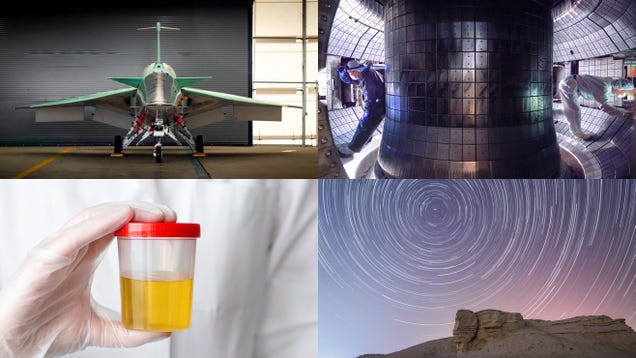
NASA’s supersonic experimental plane—the linchpin of the agency’s Quesst mission—is set to roll out of its warehouse in the California desert next week. We’re gassed for the big moment: the X-59 has been in development for six years, and, if successful, it will demonstrate supersonic flight without sonic booms. -…
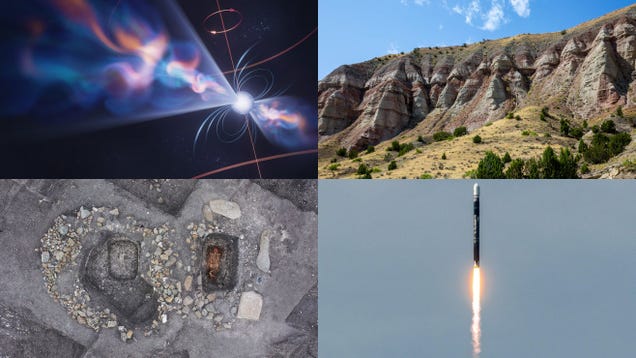
Our top science stories this week include a physics experiment to turn light into matter, an update from NASA’s Juno mission (it’s about to make a close encounter with Jupiter’s moon Io), and a roundup of the best archaeological discoveries of 2023.
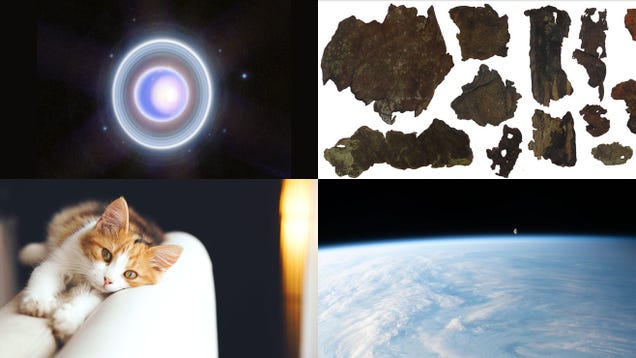
The week’s top three stories on the science beat all made me a little uncomfortable, to be honest. The news that scientists found a credible link between having a cat during your childhood and later being diagnosed with schizophrenia was troubling. Then there was the 2,400-year-old leather than turned out to be made…
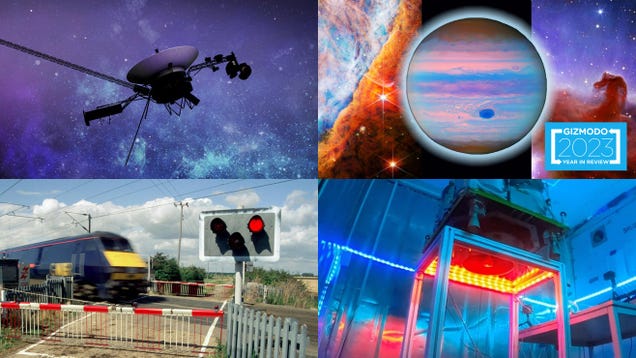
Space is hard, as the cliché reminds us, and that was plenty clear this week, as several groups ran into trouble: NASA with its aging Voyager 1 spacecraft, AstroForge with a struggling debut mission to prove asteroid mining can work, and a few missing-in-action satellites from a recent SpaceX launch. Back on Earth,…
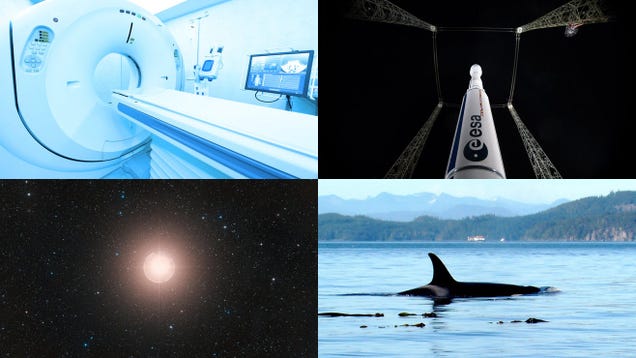
Our most-read science stories this week contain a few timeless life lessons. One, don’t go into an MRI room carrying metal, particularly if that metal is a loaded gun. Two, don’t cross a killer whale, even if you’re a great white shark. And finally, never judge a sea cucumber by its cover—no matter how repulsive that…
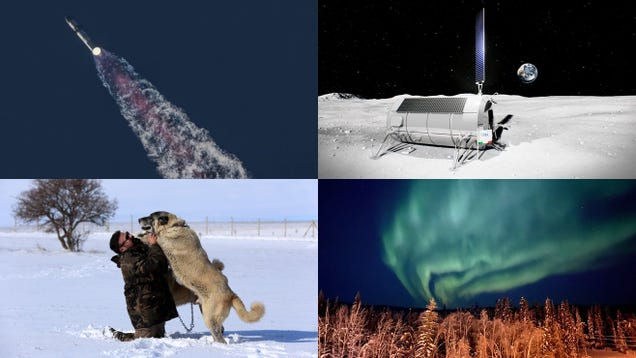
If you told a person on the street in the 1970s that humans would have no base on the Moon by the year 2000, they’d probably laugh in your face. Well, it’s 2023 and we still lack even the barest of lunar infrastructure. But this week, Alenia Space and the Italian Space Agency sketched out their plans for a sustainable…
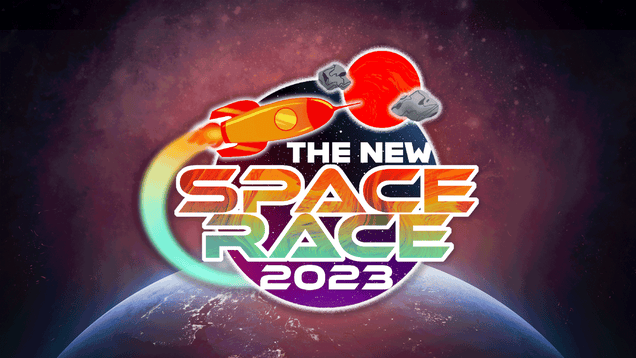
Humans have been exploring space for over six decades, and our ambitions are only increasing over time. In recent years, this drive has been rekindled with fervor, ushering in an era of unprecedented innovation and competition in the realm of space exploration.